India’s 2025 Plastic Packaging Recycling Mandates: What Manufacturers Must Know to Stay Compliant
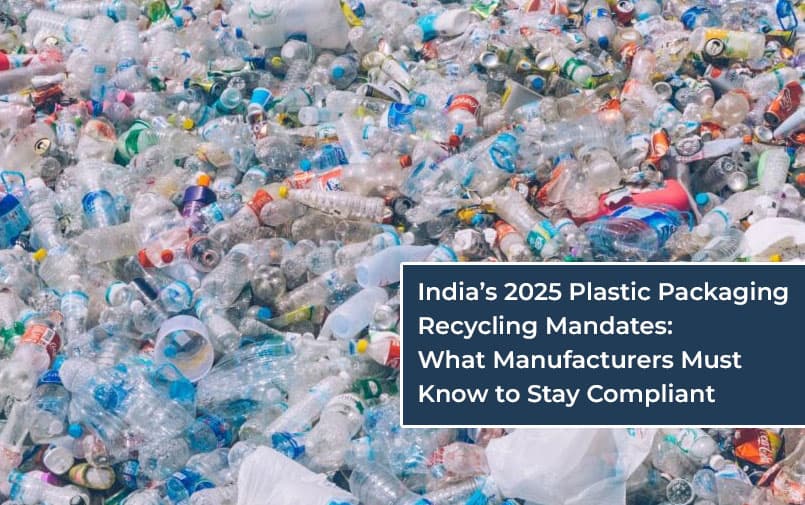
Plastic is often described as one of the most transformative materials in industrial history. But in 2025, what once offered flexibility and convenience is now under deep scrutiny, especially for packaging. In India, new mandates aren't just guidelines. They are reshaping how manufacturers must think, act, and source their materials. For those of us at JB Ecotex, this is not a compliance shift. We have been doing this long enough to know that it is a signal that the supply chain is entering a new relationship with responsibility. For manufacturers working with PET and rPET resins, understanding these changes is more than about staying within the rules. It is about preparing to exist in a world where the value of your product may depend on its end-of-life accountability.
Why Recycled Content Is Not Just a Requirement
Starting April 2025, PET bottles are expected to include 30% rPET. On paper, this might read like a minor technical specification. But for manufacturers, it alters how sourcing decisions are made. Rigid plastics will require the same minimum. Flexible plastics and multi-layer formats will need 10% and 5% respectively.
This is not a one-time adjustment. These figures will evolve. Businesses must begin aligning themselves with suppliers who understand the EPR in plastic waste management framework not only legally, but functionally.
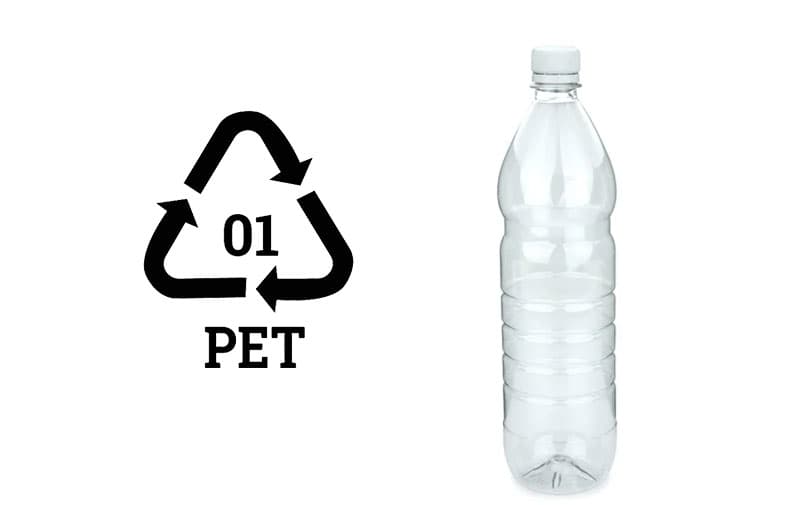
What Extended Producer Responsibility Asks of You
EPR in plastic packaging regulation is not about catching bad actors. It is about resetting the equation between creation and disposal. Under these rules, PIBOs (producers, importers, and brand owners) must report how their packaging is recycled, reused, and even collected.
The EPR plastic packaging mandate requires registration. Every action must be documented, including how your recycled content is validated. The idea is not simply to track the plastic. It is to put accountability in the hands of those who benefit from its use.
The Labels Are Talking
From July 1, 2025, every unit of packaging must feature a barcode or QR code. These are not promotional. They are identifiers. They must show:
- What the packaging is made of
- How much recycled content it holds
- Who made it
- Whether it complies with traceability requirements
For companies working with EPR plastic packaging, this is a turning point. Labeling is no longer a downstream decision. It is part of how the upstream supply chain proves its responsibility.
Understanding Traceability from Resin to Shelf
Barcodes and QR codes are required now, but their value depends on the data behind them. That data must originate from your resin supplier and carry through every step of the production process.
JB Ecotex enables this transparency with batch-level documentation. From sorting and cleaning to pelletizing and final food contact testing, each step is logged and available for audit.
When sourcing from a food-grade PET granules supplier, it’s essential to confirm the availability of origin records and test results. Our rPET resin for food-grade packaging is designed with that end-to-end clarity built in.
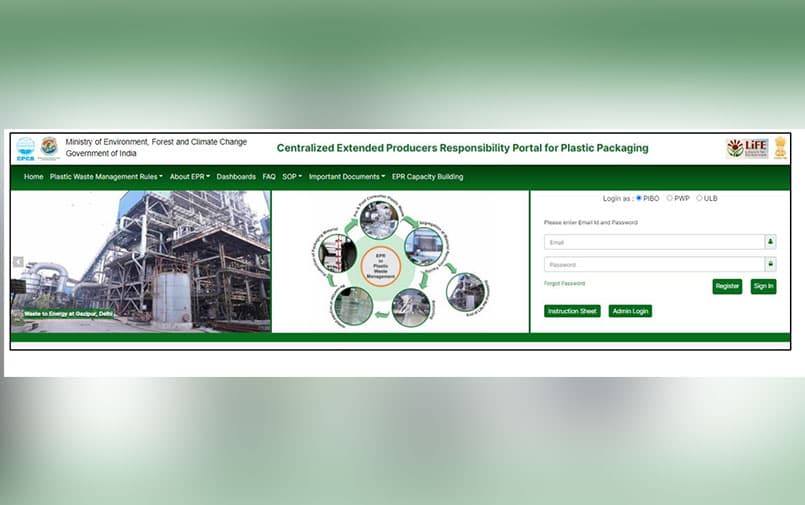
The Weight of Registration: Understanding EPR Certification
To remain compliant, manufacturers must go through the EPR registration process. Once registered, a plastic EPR certificate is issued, defining responsibilities and targets. The steps include:
- Submitting product category and volume details
- Providing source-level data on plastic types
- Defining end-of-life management processes
What matters is not just having the certificate. It is the documentation behind it. Our team at JB Ecotex works with every partner to ensure that their material sourcing is traceable, documented, and aligned with their EPR compliance checklist.
These steps are clearly outlined in the EPR policy for plastic waste, which serves as a reference for all stakeholders involved in the lifecycle of packaging.
How to Vet a Compliant rPET Resin Supplier
For manufacturers, sourcing PET or rPET now requires more than evaluating cost and delivery timelines. It involves verifying the documentation, traceability, and compliance credentials of the supplier. In 2025, responsibility begins with the raw material.
Here’s what to ask your supplier:
- Do they provide traceable documentation with every batch?
- Are they registered on the EPR portal?
- Is their rPET approved for food-grade applications?
JB Ecotex ensures every unit of recycled PET resin for food packaging comes with compliance support and clear traceability. Manufacturers can confidently integrate our resins into packaging lines knowing they meet regulatory expectations from the start.
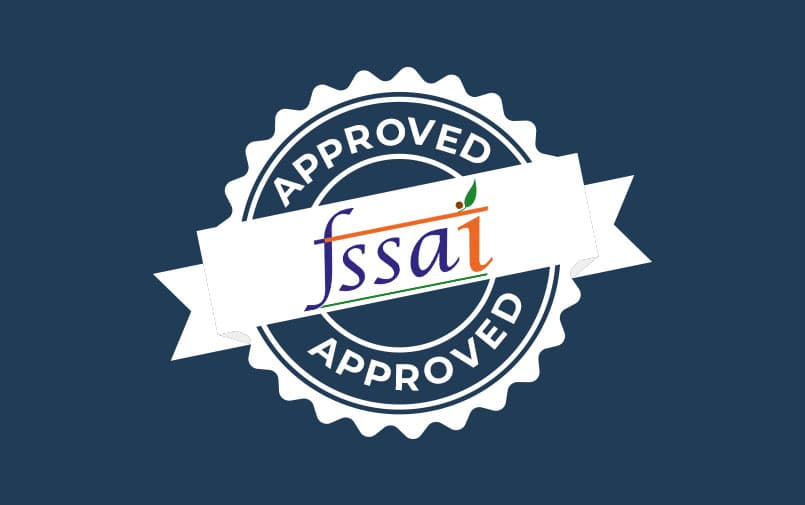
Why Materials from Certified Suppliers Matter
Sourcing from a supplier with verified credentials is no longer about assurance. It is about legality. JB Ecotex has supported its partners in meeting FSSAI guidelines, batch testing, and EPR traceability documentation.
When companies talk about being compliant, they often focus on post-production. But every packaging decision starts with material choice. That is where suppliers like us come in.
JB Ecotex also provides transparency on plastic EPR certificate requirements so that clients can confidently meet audit expectations.
Ground Rules: Understanding the Plastic Waste Management Rules India
The amended rules lay out specific boundaries. Recycled content must be verified. On-pack labeling is non-negotiable. Documentation must accompany every batch. If your business is not built to document, trace, and adapt, you may find yourself behind. These aren’t temporary shifts. They are the new reality for all who rely on plastics.
The Deeper Meaning Behind EPR Plastic Guidelines
What makes a guideline stick is not its enforcement. It is its integration. The EPR plastic guidelines define how PIBOs are expected to internalise collection, recycling, and reporting. These guidelines are not just for plastic manufacturers. They shape the workflow for everyone touching plastic packaging: from resin producers to product handlers.
Minimising Risk: Avoiding Compliance Slippage
In this environment, failure to comply is not only a matter of penalties. It reflects on credibility. Fines of up to ₹1,00,000, imprisonment, and environmental compensation fees are now enforceable. Companies must move beyond the assumption that responsibility ends with production. It extends to every transaction that includes plastic.
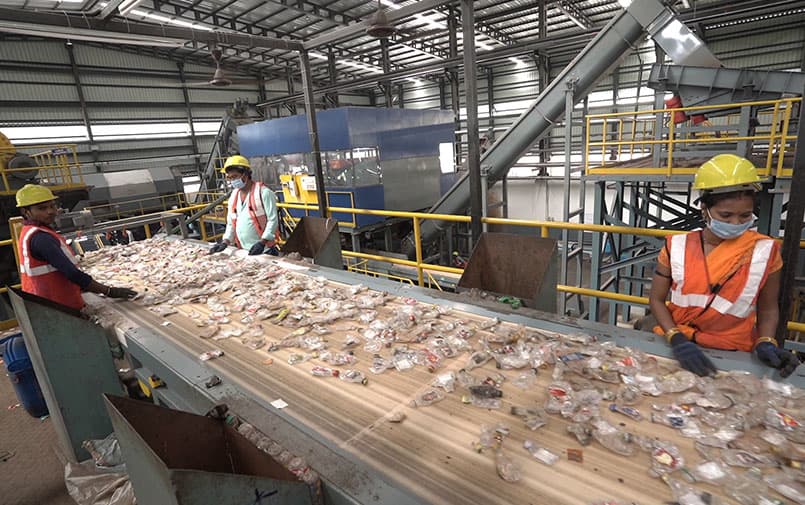
A Checklist That Keeps You Audit-Ready
A well-structured EPR compliance checklist includes:
- Source verification for resin suppliers
- Barcode and label printing alignment
- Portal registration and submission history
- Real-time inventory of recycled content ratios
- Compliance certificate records
We assist in building these systems for our partners because compliance is only real when it is sustainable.
What 2025 Plastic Packaging Ban India Actually Means
The term "ban" is often misunderstood. What India proposes is not an outright ban. It is a reclassification. Materials that cannot be traced or reused will be excluded from the market. If your material lacks a story, of where it came from, how it will be handled, it may not be welcome.
FSSAI-Certified Resins at JB Ecotex
At JB Ecotex, our food-grade rPET resins are not just certified. They are carefully produced to meet stringent regulatory standards set by FSSAI. Our team ensures that every batch aligns with food safety norms, offering the transparency that manufacturers need.
These resins are manufactured using FSSAI-approved technology, tested for food contact safety, and delivered with batch documentation. For buyers looking for reliability in sourcing, our FSSAI-certified materials serve both compliance and performance needs.
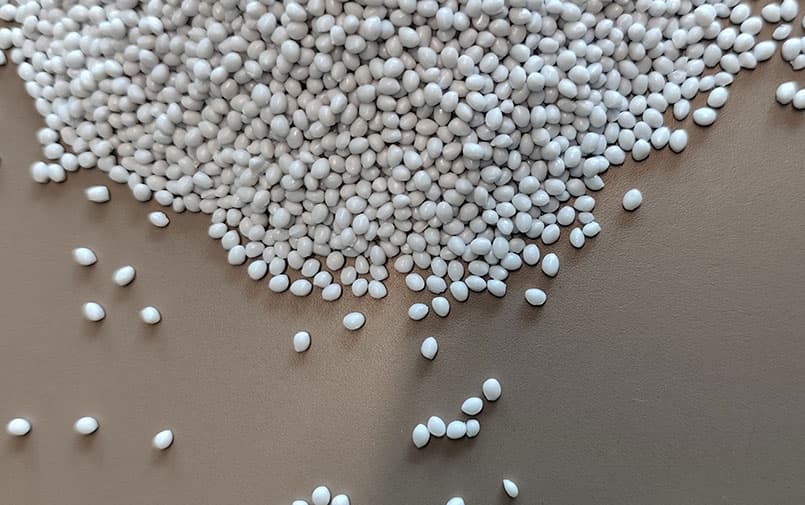
How JB Ecotex Ensures EPR-Ready Deliverables
Buyers often ask if their packaging materials can stand up to regulatory checks. JB Ecotex prepares its customers for those checks long before the product hits the shelves. Every batch of resin is supported by complete documentation that aligns with India’s evolving compliance landscape.
We provide:
- Batch-specific records and digital access
- Food contact migration testing reports
- Traceability from post-consumer input to final resin
- Clear documentation for use under EPR plastic packaging rules
Working with JB Ecotex means gaining both technical materials and compliance clarity from the outset.
Sustainable Packaging: The Shift Is Already Happening
This is not about reacting to 2025. It is about aligning your operations today. At JB Ecotex, our materials meet both the current and anticipated requirements. Our clients receive support that includes training, documentation, and batch-tested resins that are fit for use and fit for regulation.
We believe that EPR in plastic waste management is more than a requirement. It is the new language of responsibility.
For help or clarity, connect with our team.
The Role of FDA Compliance in Global Packaging Supply Chains
Many manufacturers also cater to international food and beverage brands. This brings additional expectations around global food safety compliance. JB Ecotex prepares clients to meet both Indian and international standards by aligning with applicable FDA-approved plastic protocols.
Our food-safe recycled PET is manufactured to comply with strict testing and safety documentation for both local and export-focused businesses. For those questioning the safety of PET materials, such as whether PET 1 plastic is food safe, the key lies in the production process and how it is tested. Our approach answers these concerns with facts and proper records.
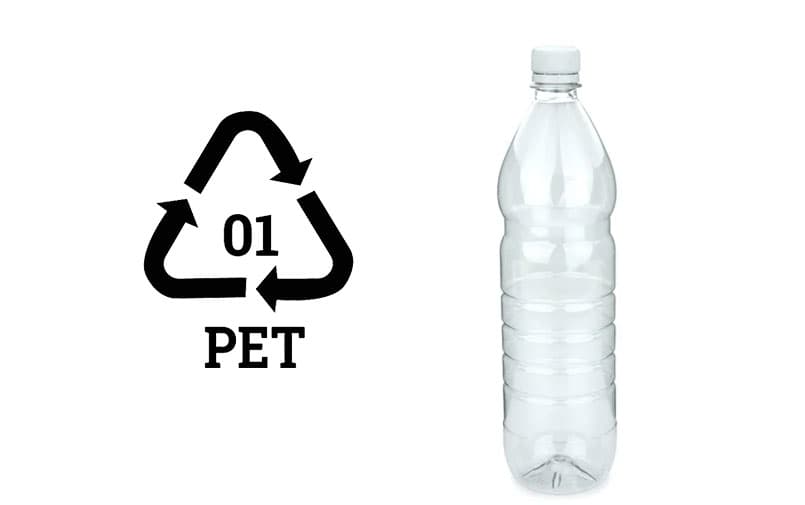
Future Trends: Where India’s EPR Mandates Are Headed Next
The framework introduced in 2025 is only a beginning. Increased recycled content thresholds, wider adoption of reusable materials, and tighter audit systems are all being discussed.
Brand owners must maintain transparency across a global supply chain. Traceability, recyclability, and reuse may become standard performance metrics.
Early adopters of robust EPR practices are positioned to respond with agility. Manufacturers working with JB Ecotex benefit from future-ready resin documentation, helping them scale confidently in this evolving space.
FAQs
1. What is the first step in the EPR registration process?
Manufacturers must register on the Centralised EPR Portal by submitting details about their company, product categories, and estimated plastic usage.
2. What is an EPR certificate for plastic packaging?
It is an official digital certificate issued upon successful EPR registration. It outlines your packaging responsibilities and targets under the plastic waste management rules and is mandatory for compliance reporting.
3. Are FSSAI and EPR compliance linked?
Yes. For food-contact applications, manufacturers must source materials that comply with both FSSAI safety norms and EPR traceability requirements.
4. Who must follow Extended Producer Responsibility (EPR) mandates in India?
All Producers, Importers, and Brand Owners (PIBOs) who introduce plastic packaging into the market above a certain threshold must comply with EPR rules. Small-scale units may have conditional exemptions but still need to assess their eligibility.
5. Where can I get help with my EPR compliance checklist?
JB Ecotex provides technical support, traceability documentation, and consultation to help partners fulfil their EPR obligations confidently.
